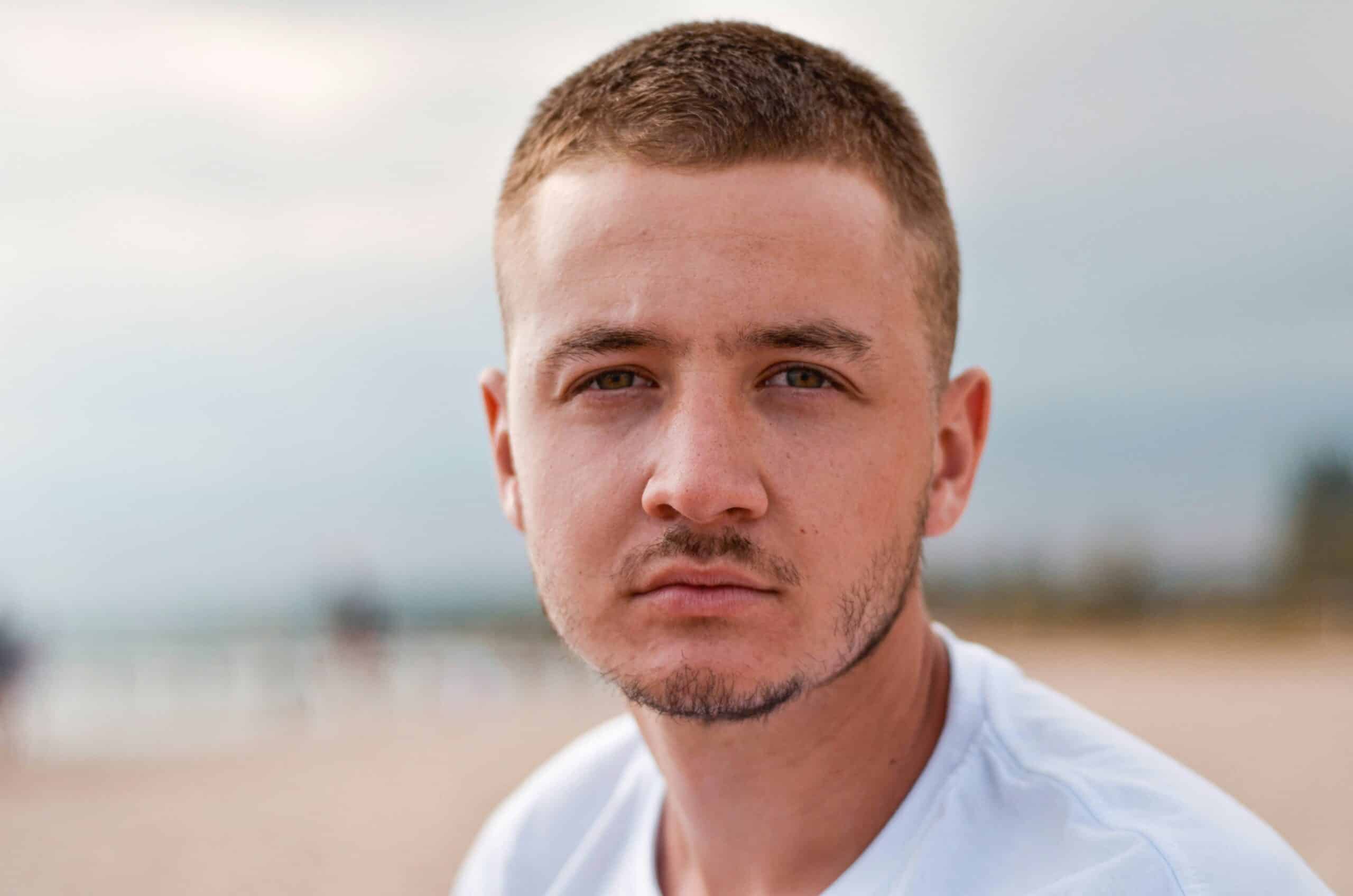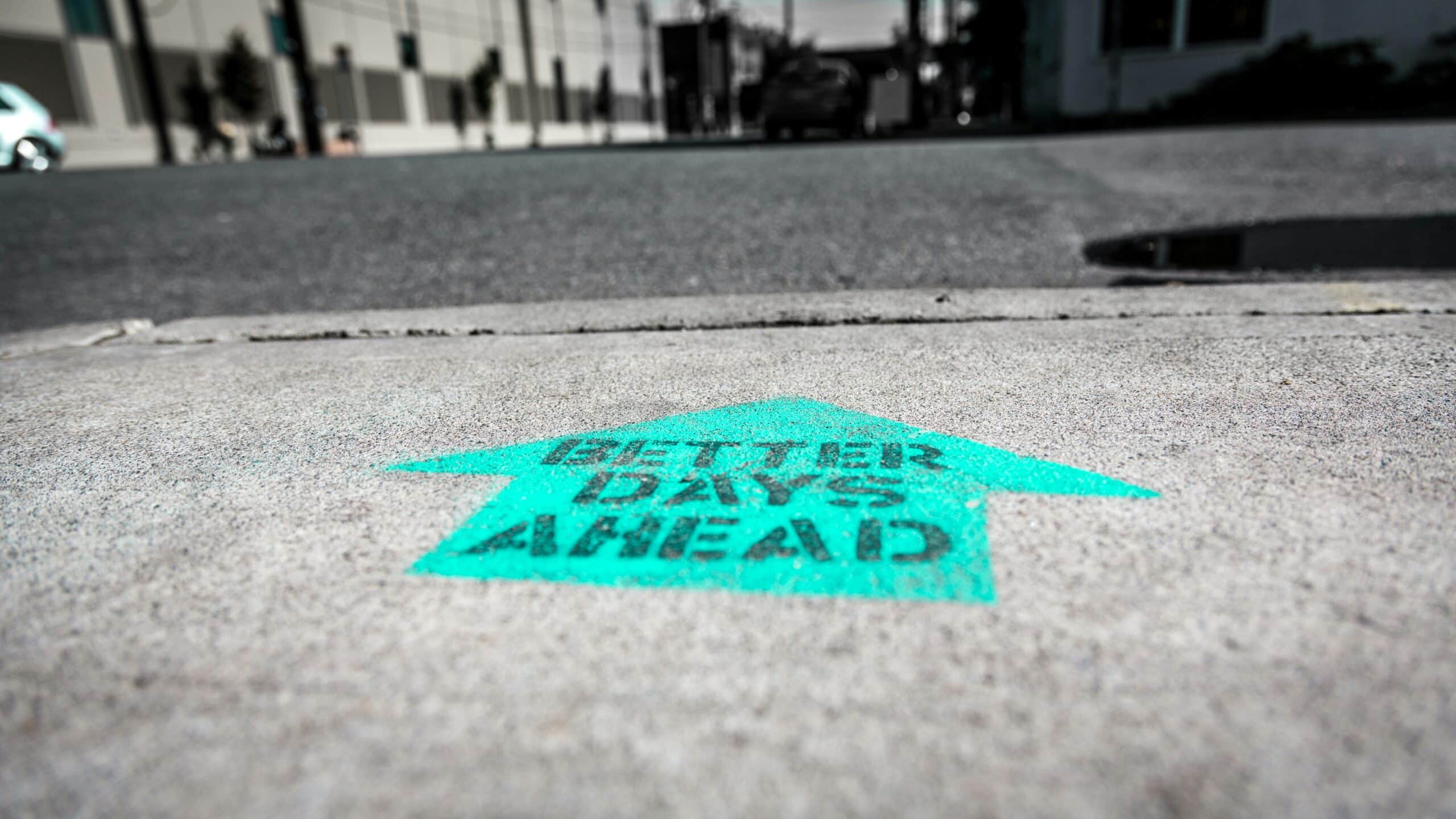Enabling Behaviors, Codependency, and Addiction
By Michael Rass Most family members and romantic partners realize in good time how much addiction has changed their loved one. What many don’t realize is how much it can change their own behavior in unhealthy ways. They, too, can develop a dependency. Codependency occurs when individuals who not addicted to substances themselves are controlled by the addicted person’s behavior. “In simple terms, codependency is an addiction to a relationship,” explains former Lakeview Health family therapist Ken Wynn. Codependency often emerges from quite normal behavior. “Being compassionate, trying to be helpful, and wanting to trust someone that you love are all normal intentions. But when people start going to extremes and engage in enabling behaviors, they are really promoting sickness, both in themselves and the addicted person,” says Wynn. Codependency and enabling go hand in hand. “Enabling is a set of behaviors, while codependency is the motive that drives those behaviors,” says Wynn. “Codependency is a state of mind that fuels the need to engage in enabling behaviors.” Examples of enabling behaviors are spouses taking over the responsibilities of the addicted partners or making up excuses for them. Another example is parents ignoring the strange behavior of their children while handing out big allowances.
When Compassion Turns into Codependency
So, how can a spouse or parent recognize they are codependent and enabling? What are the warning signs? “If you are compromising many—if not all—other aspects of your life for the sake of trying to protect the addict from their disease,” says Wynn. “If you’re constantly losing sleep because you are worried about your loved one who has an addiction. Those are definitely indications of codependency.” Taking care of an addicted person becomes a problem when people begin to violate their own moral code. “Many loved ones lie to protect an addicted family member,” says Wynn. “If you’re frequently going against your own better judgment because of what’s going on with your addicted family member and repeatedly end up regretting it, then you may be codependent.” Codependency often involves dysfunctional behavior similar to the substance abuse of the loved one. “Partners and parents become so involved with the addicted person’s life that they become dependent on them in a number of ways,” explains Wynn. “They believe if they insist on change or set boundaries, the addict won’t be able to survive.” They often erroneously feel they have to choose between tolerating the substance abuse and the death of their loved one. “Codependents will continue those enabling behaviors even though they don’t want to and even after deciding not to do so,” says Wynn. “They are trying to help, but even when they realize their efforts aren’t helping at all, they compulsively continue them anyway despite the negative consequences. Those negative consequences almost always involve the addicted person,” Wynn says. “The addicted person ends up feeling guilty and powerless, and frequently loses the motivation to get sober.” Whether enabling behavior occurs or not, the disease of addiction affects many members of the family, not only the person with a substance use disorder. At Lakeview Health, family members can participate in a three-day family workshop with family members of other patients. Family therapy will help partners and parents better understand the disease of addiction and—consequently—the behavior of their loved one. In many cases, co-occurring conditions like trauma or depression are catalysts for substance use. “In the workshop, partners and parents learn to identify enabling behaviors and how to avoid them in the future,” says Wynn.


